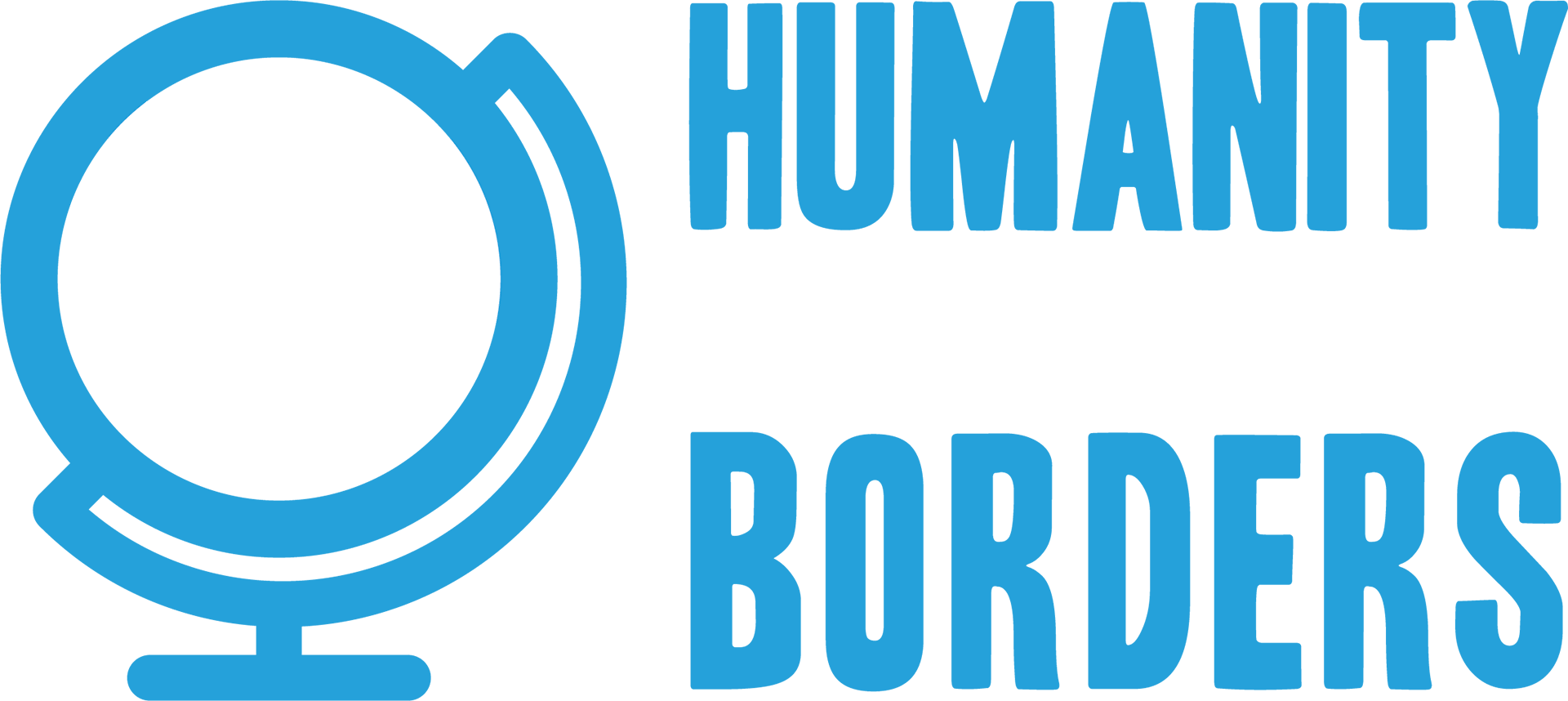According to the Ḥanafī school of thought, fidyah for fasting is given in two scenarios:
- A living person who is unable to fast and will most likely be unable to fast in the future. Such a person will pay fidyah instead of fasting.
- Fidyah which is paid for a deceased person who was able to fast but never fasted.
In both scenarios, a fidyah must be paid for each day of Ramaḍān that was not fasted or will not be fasted. The amount of fidyah to be paid for each day is the same as ṣadaqat al fiṭr.
Kaffārah is a penalty which is carried out by someone who, without any valid reason, broke their fast in Ramaḍān. The first penalty for this is to fast 60 days consecutively. If 60 fasts cannot be kept due to a valid reason, then the penalty payer has three options:
- Give 60 poor people ½ a ṣāʿ of wheat, or then 1 ṣāʿ of barley, or dates, or raisins.
- Give the value of ½ a ṣāʿ of wheat, or then 1 ṣāʿ of barley, or dates, or raisins to the poor.
- Feed 60 people two meals.
